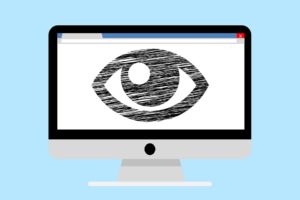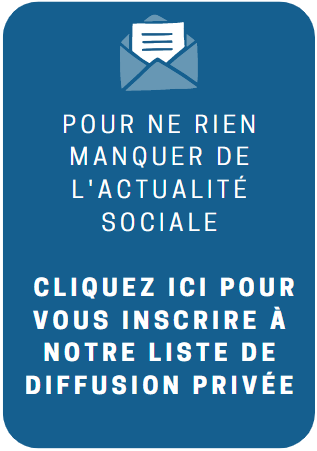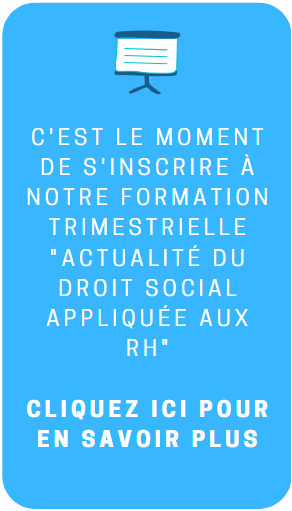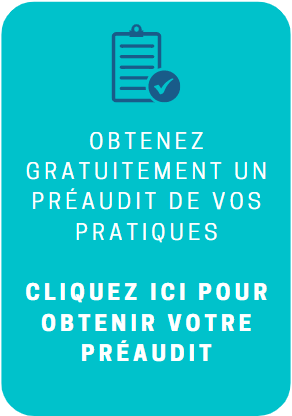 An employer is entitled to consult “personal” files stored by an employee on a professional computer made available to him and to use these elements to justify a dismissal procedure. This position was once again recalled by the European Court of Human Rights in a recent judgment dated February 22, 2018 (CEDH, Libert c. France, n° 588/13, decision of February, 22, 2018) / (ECHR, Libert v. France, no. 588/13, judgment of February 22, 2018)
An employer is entitled to consult “personal” files stored by an employee on a professional computer made available to him and to use these elements to justify a dismissal procedure. This position was once again recalled by the European Court of Human Rights in a recent judgment dated February 22, 2018 (CEDH, Libert c. France, n° 588/13, decision of February, 22, 2018) / (ECHR, Libert v. France, no. 588/13, judgment of February 22, 2018)
In the facts, the seizure of an employee’s work computer had revealed the storage on a hard drive carefully titled « D:/Personal data » dof files of a pornographic nature and false attestations made for the benefit of third parties.
The employee was dismissed on the grounds that these facts were contrary to the obligation of exemplary conduct associated with his duties.
The interest of this decision is twofold.
1/ An employee may not use the entire hard disk of his professional computer for private use
This decision confirms that an employee « cannot use the entirety of a hard disk, which is supposed to record professional data, for private use ».
The very fact that the employee had named the hard drive « Personal data » did not prevent the employer from accessing this item, which had rightly considered that this drive could well contain professional data despite the name given by the employee to the hard drive of his professional computer.
Insofar as the employee had not taken care to explicitly designate « private » each item on the hard drive as, the documents retained a professional nature and were not beyond the employer’s control.
The designation given to the hard drive itself cannot confer a personal character to all the data it contains.
You are therefore perfectly capable of consulting, outside the presence of the employee, the files on a hard disk of the professional computer that are not identified as « private » ou « personal».
2/ How can you legally act to control the computer activity of your employees ?
The ECHR validates the reasoning of the French courts and ultimately justifies the employer’s choice to have opened files not identified as « private ».
2.1. Files on an employee’s work computer are presumed to be of a professional nature and may be controlled.
The Court of cassation has long taken a clear and consistent position on this issue.
It considers that files created by an employee with the help of a computer tool provided by the employer are presumed to be of a professional nature.
This is an application of the rule according to which any restriction or interference with the right to privacy is permitted provided that it is, on the one hand, justified by the nature of the task to be performed and, on the other hand, proportionate to the aim sought.
this implies that an employer is perfectly authorized to access and control the files on an employee’s work computer, in his absence.
Such was for example the case for :
- A file bearing only the name « Mes documents » / « My documents »(Cass. soc., May 10, 2012, n°11-13.884) ;
- Files classified in a directory bearing the employee’s first name (Cass. soc., 8 décembre 2009, n° 08-44.840), or the employee’s initials (Cass. soc., October 21, 2009, n° 07-43.877).
But then, how can one act to control the computer activity of an employee who precisely identifies files on his professional computer as « personal » ?
2.2. Beware of the control of files entitled « personal » which is allowed under certain conditions !
There are two possible options :
- You are perfectly entitled to consult these files in the presence of the employee or after he or she has been informed of your approach
- If you wish to consult these files outside the presence of the employee, it will be imperative to justify that there was a risk or a particular event for the company.



